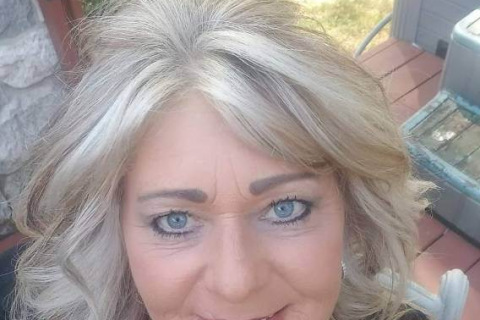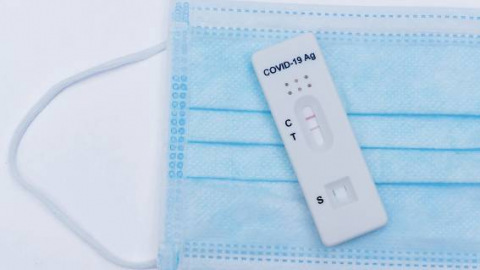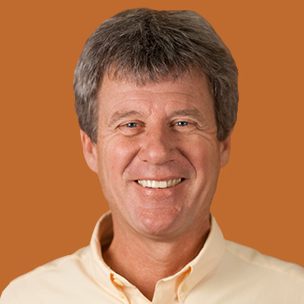Mesothelioma Survivor Rejects Tradition, Embraces Holistic Lifestyle
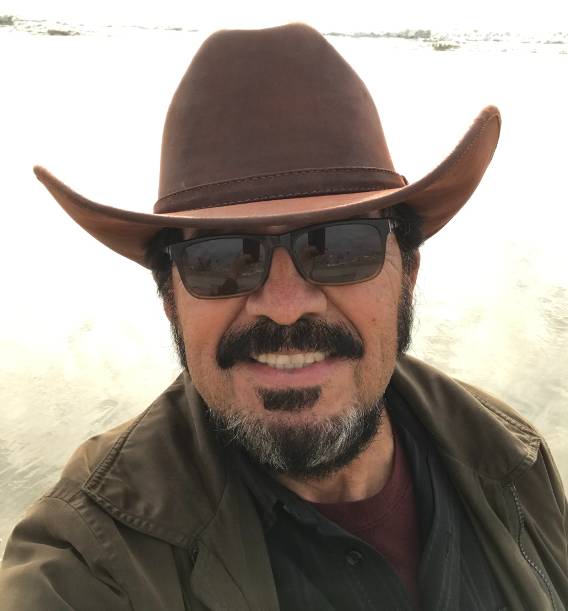
Eight months after being diagnosed with malignant mesothelioma – and declining an aggressive treatment regimen – Jose Perez was biking through his neighborhood like he does every morning, nodding acknowledgements to friends along the way. They waved back and smiled.
Pleural mesothelioma may have met its match in the 65-year-old Pomona, California, resident.
Perez has chosen an unorthodox path to becoming a mesothelioma survivor, rejecting the recommendations of doctors and fighting this cancer on his terms instead.
He has taken a purely holistic approach to treatment, turning his back on traditional medicine and handing his life over to a regimen of physical and mental well-being practices.
His plan involves a healthy diet, a dozen daily vitamin supplements, minerals and proteins, along with a common-sense exercise routine. It is all designed to naturally fortify his body and mind.
“Life is good today. I feel great, and I’m living the way I want to live,” Perez told The Mesothelioma Center at Asbestos.com. “I know my situation could change overnight, but I’m doing something, right now, and others should know that it can work.
“I want to help others,” he added. “Doctors keep saying, ‘There is no cure for mesothelioma,’ but here I am today.”
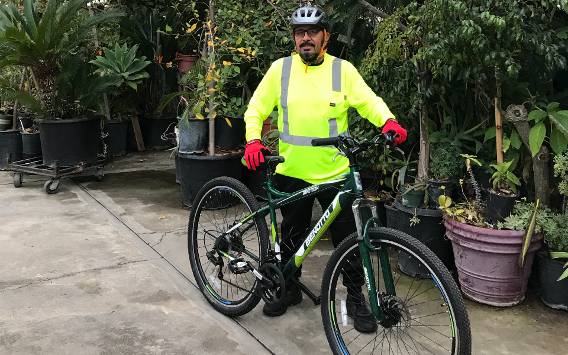
Survivor Rejects Traditional Treatment
Perez did his homework after his diagnosis in June, getting several medical opinions and very similar recommendations each time. Doctors told him that standard-of-care treatment was the only path to extending his survival.
Mesothelioma is a cancer caused by asbestos exposure that has no cure and an average life expectancy of less than a year.
“I researched a lot, saw a lot of different doctors initially, and they all said the same thing: ‘Chemotherapy and surgery,’” Perez said. “But then you hear about the complications and side effects of those treatments. It was a tough decision, but I just said, ‘I don’t want die that way.’ What would be the point of being alive? They were going to cut me wide open. I said, ‘I’d rather die my way and help others along the way.’”
Perez, who was born in the city of Guanajuato in central Mexico, found the Heltex clinic in Guadalupe. Its philosophy of alternative, natural cancer treatment aligned with his. It’s where most of his supplements originate.
Mesothelioma specialists recommend patients get treatment because it may lead to a longer life expectancy. However, some patients have instead opted for palliative care and alternative treatments.
Healthy Habits Key to Survivor’s Strategy
Although most medical professionals in the U.S. don’t believe his regimen can control mesothelioma, the healthy habits Perez preaches make sense.
“No. 1, stop eating garbage. Learn how to eat healthy. It’s just common sense. You wouldn’t put garbage into the motor of your car. So don’t put it into your mouth,” he said. “No. 2, be positive. Stay away from negative people, negative thoughts. Live your life. No. 3, exercise every day. I always ride the bike, then walk in the afternoon. Get some sun.”
Perez talks repeatedly about eating grains and greens and veggies while rejecting red meats, sodas and anything fried.
He has written a booklet chronicling his journey with mesothelioma entitled, “The Warrior from Guanajuato,” written under his pen name, El Guerrillero. He hopes it can help others and spread his belief in holistic-style treatment.
“My dream is helping people,” Perez said. “This has worked for me. Not only do I believe in it, but it’s common sense. Doctors aren’t God. They don’t know everything. They often don’t like me because I question things. Don’t just do everything they say. Do what’s right for you.”
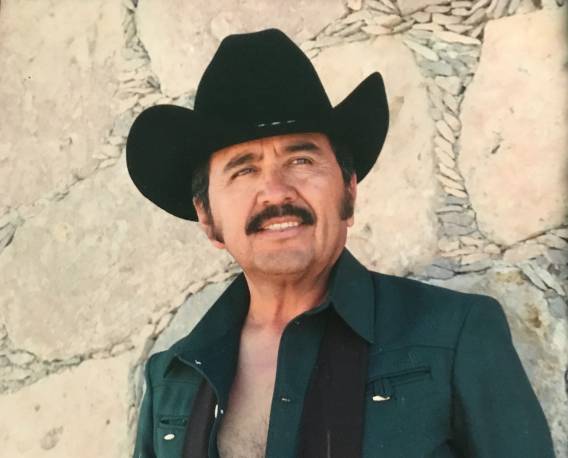
Diet and Exercise Affect Well-Being
Mesothelioma, which is difficult to diagnose, rarely was mentioned when Perez’s symptoms first solidified in September 2020. His persistent cough led to chest X-rays that revealed fluid buildup around the lungs, called pleural effusion, which is another symptom.
When the fluid kept returning after being drained every few weeks, more tests led to a cancer suspicion in March that led to a biopsy and the official mesothelioma cancer diagnosis in June.
When Perez decided against chemotherapy and surgery and started his regime of supplements from Mexico, the fluid buildup stopped abruptly. It was stunning to the oncologist he still was seeing locally. Perez looked better than ever at his last checkup in December. The oncologist called it a miracle.
His 80-year-old doctor friend in Baja California, Mexico, who Perez still sees on occasion, just shook his head.
“He said doctors will tell you that it was a miracle, but it’s not a miracle. It’s what you’re doing. Why suddenly did the fluid stop? You caused that – your attitude, your diet and exercise – so keep doing it. It’s working,” Perez said.
Desire to Help Others Motivates Perez
Perez came to the U.S. at age 16 and worked in construction, often as a carpenter. It’s where he likely was exposed to asbestos, which led to the mesothelioma cancer that has changed his life significantly.
The desire to help others, though, has never changed. A giver by nature, Perez asks for nothing in return. He wants to give until the end, whenever that may be.
“This is a great country. I’ve always thought it was a blessing to be here,” he said. “When I found out I had mesothelioma, I made a deal with God and told him whatever time you have for me to be alive on Earth, I am going to help other people by sharing my experience.”
Part of that experience is the daily bike ride, with time to reflect on where he has been and what he has done. Perez takes deep breaths, exhaling slowly on his 40-minute rides.
“How much time I’ve got left, I don’t know, and I really don’t care because I’m prepared,” he said. “They told me I would be dead by now. I have nothing to lose.”

